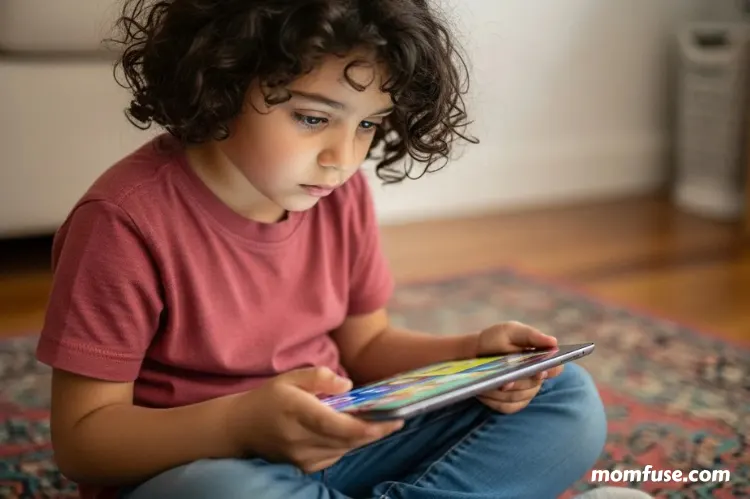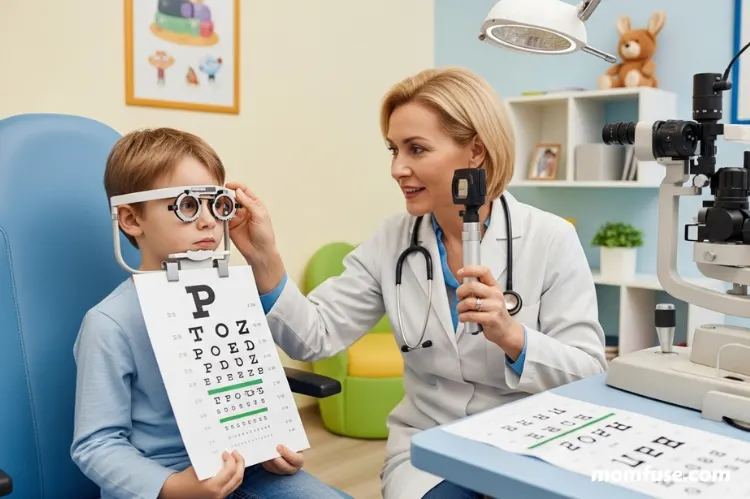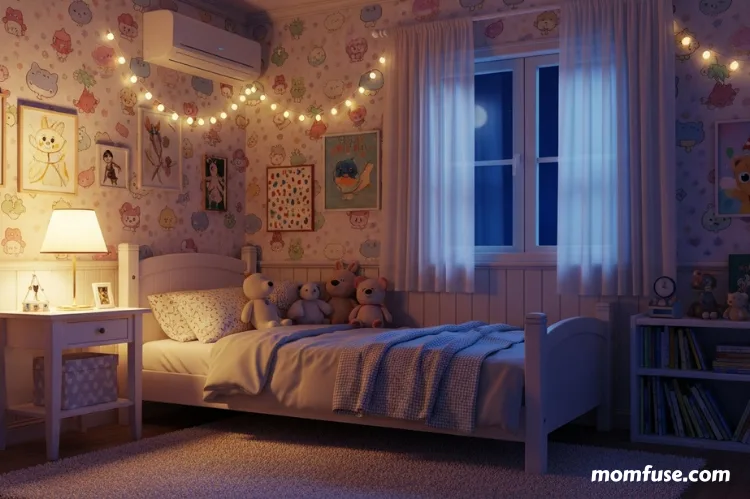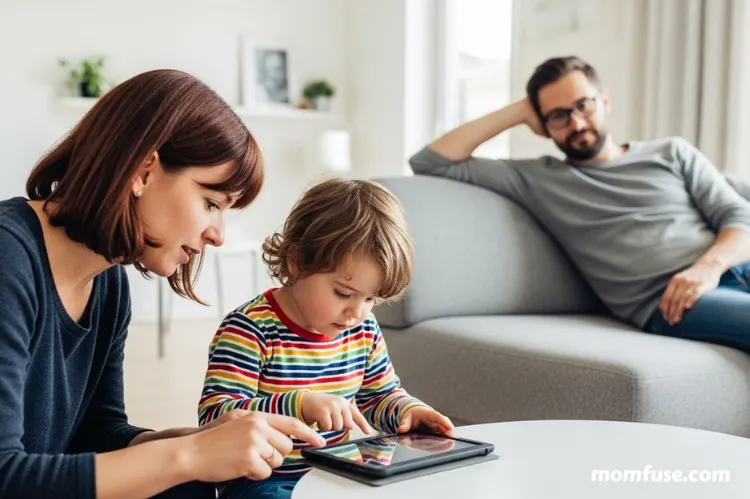Parents play a pivotal role in shaping their children’s daily routines, including screen time and sleep patterns. With technology permeating almost every aspect of life, it becomes increasingly important to understand how prolonged exposure to screens can affect eye health.
Proper education around this topic is instrumental in ensuring the well-being of the youngest members of society. Parents must recognize habits that may hinder their children’s eye health while guiding responsible screen usage, especially in a time when digital engagement is unavoidable.
Understand the Impact of Screen Time on Eye Health

Eyes are not naturally equipped to handle extended periods of screen exposure. Prolonged screen time can lead to digital eye strain, characterized by symptoms like dryness, irritation, and difficulty focusing. Research indicates that nearly 60% of adults experience some form of digital eye strain, and this statistic can be alarming when bearing in mind that children may suffer from similar conditions, just earlier in life.
The influence of screens tends to accumulate; young users might not recognize the gradual deterioration of their comfort while using devices. Lack of awareness can exacerbate future eye issues. That’s where parental monitoring and intervention become key. Instead of simply allowing unrestricted screen access, encouraging regular breaks can be a simple yet effective strategy to alleviate discomfort.
Optimize Your Screen Time

One effective approach to mitigating the negative impacts of blue light from screens is to invest in blue light-blocking glasses. The team behind Block Blue Light says that these glasses can filter harmful blue light wavelengths, reducing eye strain and enhancing visual comfort. This investment can be transformative, especially for children engaged in online learning or gaming.
Parents should actively encourage their children to use these glasses during long screen sessions. In addition to blue light filters, many devices come equipped with settings designed to reduce blue light emission.
Engaging with tech setups can empower parents to take a proactive stance toward their children’s eye health. Reminding kids to adjust brightness and contrast can elevate their comfort during usage and help extend the health of their eyesight in the long run.
Encourage the 20-20-20 Rule
One straightforward yet effective method to reduce eye strain is the 20-20-20 rule. This rule suggests that after every 20 minutes of screen time, one should take a 20-second break to focus on something at least 20 feet away.
This simple strategy refreshes the eyes and allows for a brief moment of relief from close-up focus. Teaching this habit early helps ensure that children adopt healthier screen behaviors moving forward.
Regularly incorporating this routine can be more beneficial than most realize. Children are often fixated on screens, so integrating reminders for these breaks can turn them into healthy habits over time. Parents can set alarms on devices or use visual cues around the house to remind kids to adhere to this rule.
Regular Eye Exams are Key

Along with monitoring screen time and encouraging helpful habits, scheduling regular eye exams is crucial. Experts recommend that children have their eyes checked at least once every two years, or more frequently if they experience issues.
Early detection of eye health issues can lead to more effective treatments and interventions. Parents should prioritize these checkups as part of their children’s overall health care routine. During these exams, eye care professionals can assess vision and the overall health of the eyes.
They can provide tailored advice based on the child’s screen habits and usage. Empowering children with knowledge about their vision can prepare them to make better choices regarding their screen use.
Model Healthy Habits

Children learn best from example. Parents can make a positive impact on their children’s lives by modeling healthy habits and responsible screen usage. Engage in activities that promote eye health, such as reading physical books, spending time outdoors, or playing non-digital games.
Sharing these experiences provides a break from screens and an enriching alternative. Discuss the importance of balanced screen time at home. Instead of just limiting usage, try to frame screen interactions positively, discussing their educational applications and potential benefits.
Making Sleep a Priority

Quality sleep significantly influences eye health and overall well-being. Studies show that a lack of sleep can exacerbate eye issues, leading to increased fatigue and discomfort. Parents should work to cultivate a bedtime routine that prioritizes sleep hygiene, including reducing exposure to screens before bed.
The blue light emitted from devices can interfere with natural sleep patterns, making it harder for children to fall asleep. Setting a strict digital curfew in the evening can be a beneficial approach. Establishing a nighttime routine that includes non-screen activities, such as reading or calming music, can help children transition into restful sleep.
Consistency is key. Sleep influences every aspect of daily life, including focus, mood, and physical health, making it no less essential to parental guidance. Children rely on their parents to steer them through healthy choices in their formative years.
Paying close attention to screen time and sleep habits can significantly improve eye health. Small adjustments can have long-lasting benefits, improving quality of life and well-being. Taking a proactive approach to managing screen usage and ensuring ample time for restful sleep can help children develop into adults who prioritize their health while navigating technology responsibly.
Read Next: How to Protect Your Kids’ Eyes from Too Much Screen Time
Jessica Fuqua is a mom of two who writes about the messy, beautiful reality of raising kids. She believes parenting advice should feel like a conversation with a friend, not a lecture. When she’s not writing, she’s probably reheating the same cup of coffee for the third time.

